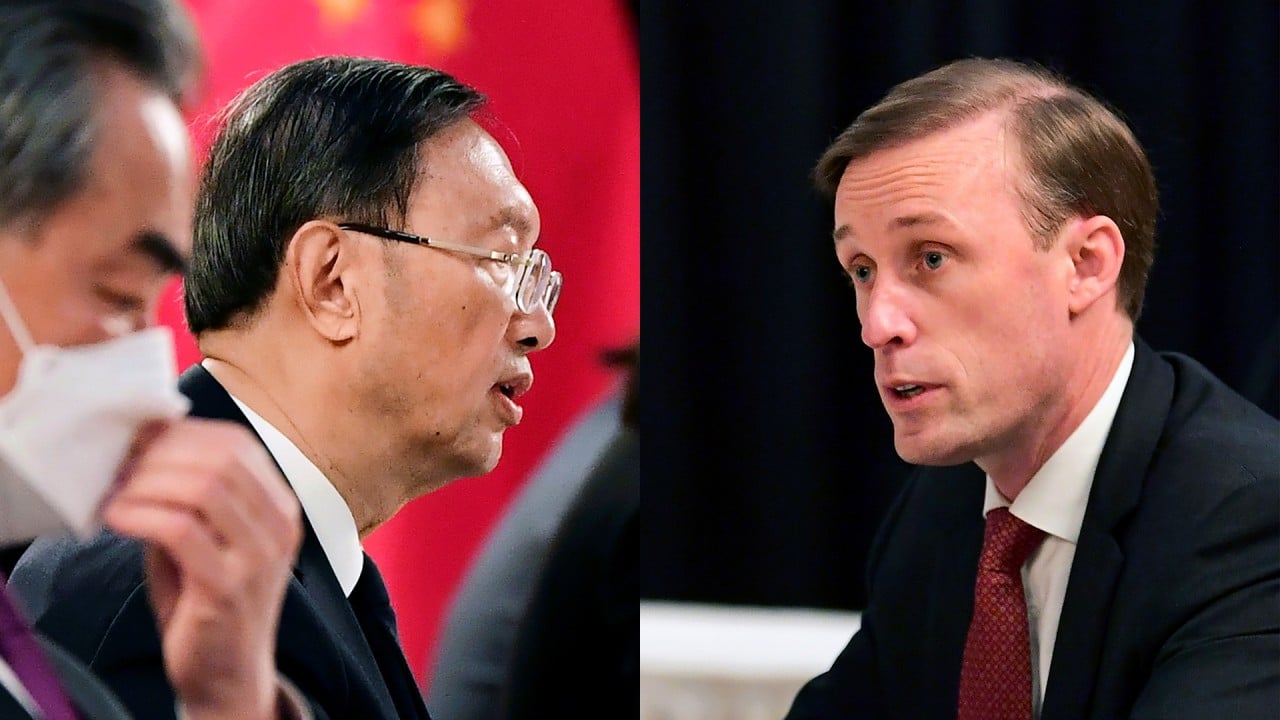That ominously brought to mind a scene in Anchorage, Alaska, in March 2021. Yang Jiechi, then China’s top diplomat, responded to Blinken’s similarly expressed views by insisting that “the US does not have the qualification to say to China it wants to speak to China from a position of strength”.
Adding to efforts to dampen expectations was a phone call between Blinken and his Chinese counterpart Qin Gang. According to Chinese sources, Qin “made clear China’s solemn position on the Taiwan question and China’s other core concerns”. For his part, Blinken, before leaving for Beijing, was quoted as saying that “intense competition requires sustained diplomacy to ensure that competition does not veer into confrontation or conflict”.
With all that said, Blinken’s visit seems to have been a success, sealed by President Xi Jinping’s personal reception of him towards the end of his time in Beijing. Xi said “China respects the interests of the United States and does not seek to challenge or displace the United States”, adding that “the United States must also respect China and not harm China’s legitimate rights and interests”.
Blinken’s response did not appear to go beyond what US President Joe Biden has told Xi in their meetings. One needs to remember that Chinese officials have accused the American side of not following through on their statements and warned that China would not accept talking merely for the sake of talking.
It is anyone’s guess whether Blinken’s team reached any tacit agreement with their Chinese hosts regarding the latter’s persistent warnings over Taiwan, which Beijing’s representatives have described as the “core of China’s core interests”. On the surface of it, though, Beijing appeared accommodative towards Blinken, who did not seem to budge much on the existing US stance towards China.



